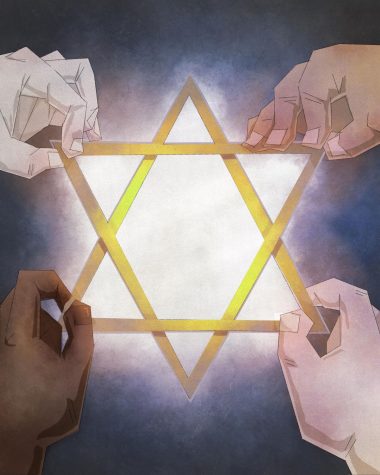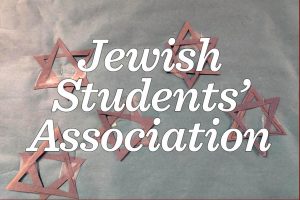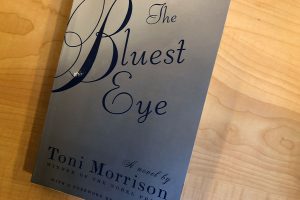Identity clubs need our help to thrive
March 9, 2020

As the Midway sees it…
With declining student participation in some identity clubs and increased recognition that hateful events are not isolated, U-High is forced to confront that the “diversity” promised in its mission statement is not a reality for everyone.
With the future of the Jewish Students’ Association in doubt, it is important, now more than ever, to support identity clubs at U-High and to create as welcoming of an environment as possible. The U-High community cannot afford for identity clubs to disappear, especially after the recent discussions regarding diversity, equity and inclusion issues.
For students in marginalized groups, identity clubs provide environments to find community. If any community is to be productive, whether a school, workplace or athletic team, all members of that community must feel they belong. At U-High, where a white majority exists, it is not uncommon for there to be only a single person from a marginalized group in a classroom, leaving students potentially isolated. Identity clubs allow for each student to join a community that is more welcoming and inclusive than most classrooms can be.
If we allow identity clubs to fade, we will not only lose inclusive spaces for students but also crucial representation by and for voices of marginalized communities. The collective community that identity clubs create do not just contribute on an individual, student-centered level, but also on a larger, almost administrative level. In January, the Black Students’ Association-Collegiate School letter received attention from faculty, staff, administration and the greater Chicago community, with coverage from numerous local media outlets. This letter, which represented an experience shared among many black students at U-High, sparked genuine conversations and actions that would not have been possible without the action of this identity club. Moreover, the JSA-led biannual Holocaust assembly has been so powerful that students have advocated for it to occur on a yearly basis.
It is also important to recognize that it is not a necessary requirement to identify with a club to support it. Catholic students can support the Muslim Students’ Association in the same ways that white students can support the BSA. Allyship is as important as participation in these clubs. For identity clubs to function, there must be a surrounding environment that endorses the clubs and listens to their perspectives on how to improve the surrounding community.
Because of the unique and important perspectives identity clubs bring to our community, we cannot sit by and allow these clubs to simply disappear. If you identify with the values of these clubs, perhaps it is time to learn about them or consider joining. Students can also support identity clubs by interacting with the day-to-day events these clubs hold, from bake sales, to assemblies, to free potlucks. With identity-related incidents becoming a greater issue, it is crucial for each student to do what is in their power to help identity clubs thrive.





























































